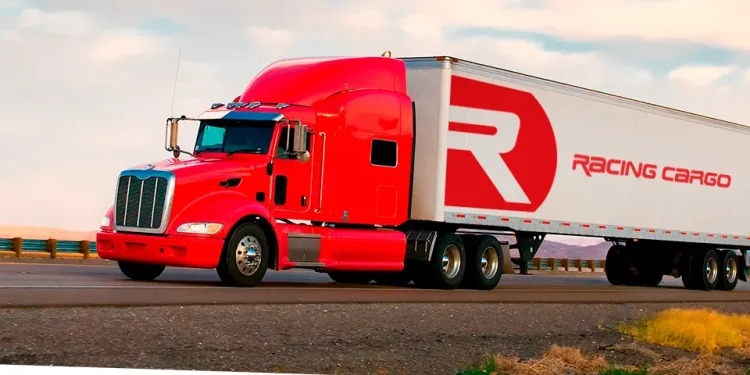By Eva Richardson | The Logistic News
April 16, 2025
As global supply chains become more fragmented and customers demand speed without sacrificing control, Mexico-headquartered Racing Cargo is emerging as a standout operator in the evolving freight landscape. With operational hubs in Mexico, the U.S., Germany, Hong Kong, Italy, and Brazil, the company is combining multimodal infrastructure with hands-on client service to offer a highly customized logistics experience.
“We’re not just moving boxes—we’re engineering competitive advantages,” says Javier Arrieta, Director of International Operations at Racing Cargo.
A Multimodal DNA
What sets Racing Cargo apart is its agile ability to integrate air, sea, land, and last-mile logistics under a single roof. Clients benefit from a one-stop platform for:
-
Air freight solutions with customs and regulatory support
-
Sea freight via major global ports with flexible container options
-
Road transport across North and South America with real-time visibility
-
RC Delivery for urban last-mile efficiency
-
Value-added warehousing and distribution services
By offering both end-to-end transport and customizable supply chain components, Racing Cargo positions itself as a strategic partner for industries ranging from automotive to consumer goods, pharma, and e-commerce.
Strategic Hubs, Global Impact
Operating from Mexico City, the company’s North American operations extend into the United States, connecting key corridors in Texas and California to Latin American distribution routes. Its presence in Germany and Italy links it to the heart of the EU’s manufacturing and export economy, while its Hong Kong office allows strategic access to Asian trade lanes and supplier networks.
“Our strength lies in blending local expertise with global standards,” says Arrieta. “This is what enables us to compete with much larger integrators.”
Technology Meets Personalization
In an era dominated by automation, Racing Cargo takes a hybrid approach—leveraging technology for efficiency, but anchoring its services in person-to-person communication. Clients are assigned dedicated logistics coordinators, receive route optimization suggestions, and benefit from RC Delivery, a proprietary last-mile solution tailored to urban logistics constraints in cities like São Paulo, Milan, and Los Angeles.
The company is also investing in sustainability tools, including electric vehicle trials for short-haul deliveries and optimized load balancing to reduce emissions across its fleet.
Expanding in an Era of Disruption
While the logistics industry continues to weather geopolitical instability, rising fuel costs, and capacity shortages, Racing Cargo’s adaptive model has allowed it to pivot quickly—rerouting sea freight through alternate ports, flying high-value cargo through secondary hubs, and offering clients multiple contingency lanes for critical shipments.
“Supply chain resilience isn’t a buzzword for us—it’s how we win business,” says Mariana López, Head of Client Strategy.
Conclusion
As larger players struggle with their own scale, Racing Cargo is capitalizing on nimbleness, regional diversity, and customer proximity to carve a growing niche in the logistics world. With a sharp focus on client-centric flexibility and multimodal depth, the company is proving that mid-sized freight providers can punch far above their weight on the global stage.
Eva Richardson is a senior correspondent at The Logistic News, covering cross-border freight innovation, supply chain strategy, and the rising stars of global logistics.





















